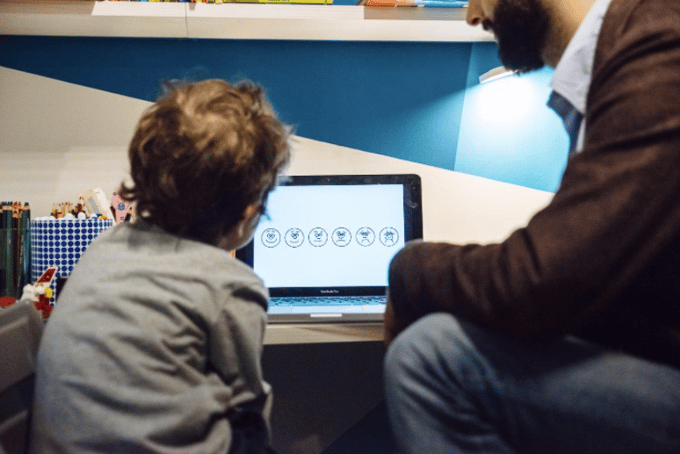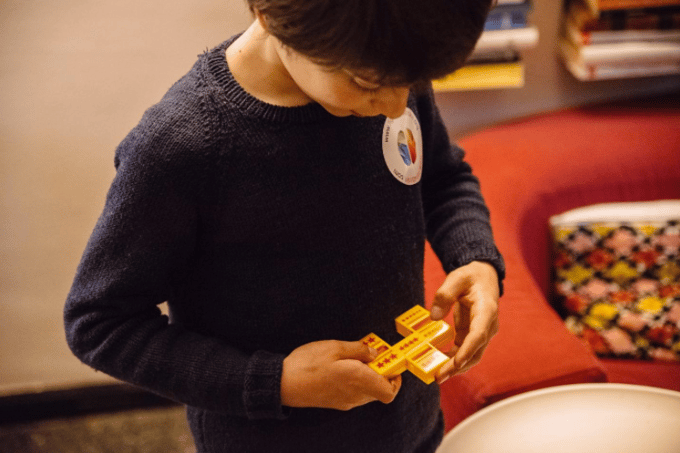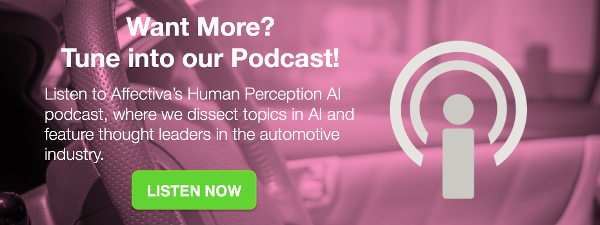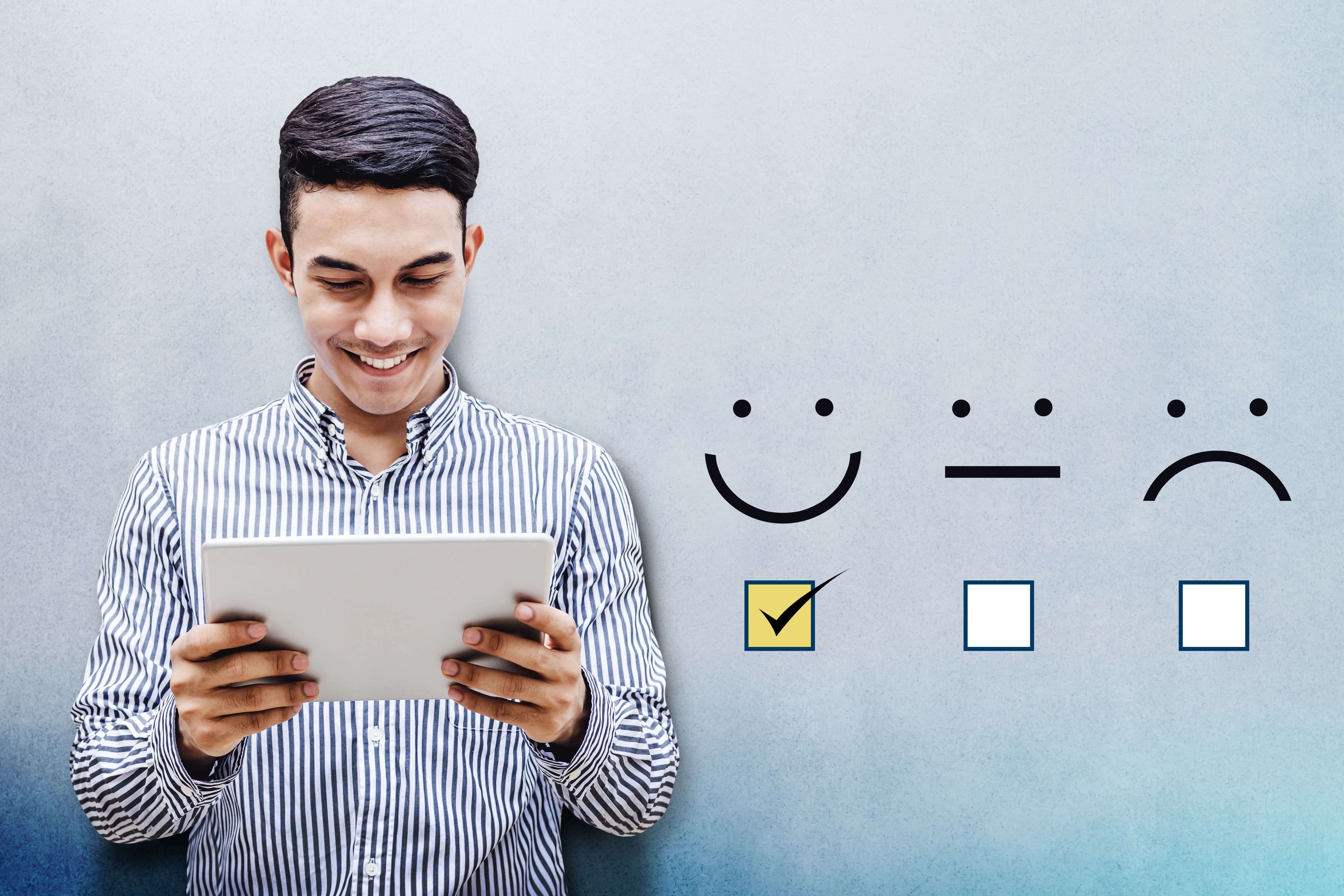By: Ashley McManus, Global Marketing Manager; featuring Francesca Fedeli and Roberto D’Angelo, founders of Fight the Stroke
In the United States alone, about 610,000 people have a new stroke every year. According to the CDC, stroke victims may receive rehabilitation to help them relearn the skills they may have lost from stroke - and most recently, rehab tools and technology have seen significant improvements. This enables patients to take control of their recovery unlike ever before. This new tech can provide more repetition, practice time, intensity, and provide a more interactive experience. What if in addition to these capabilities, therapies could sense how patients were feeling emotionally during a session and adapt their experiences accordingly?
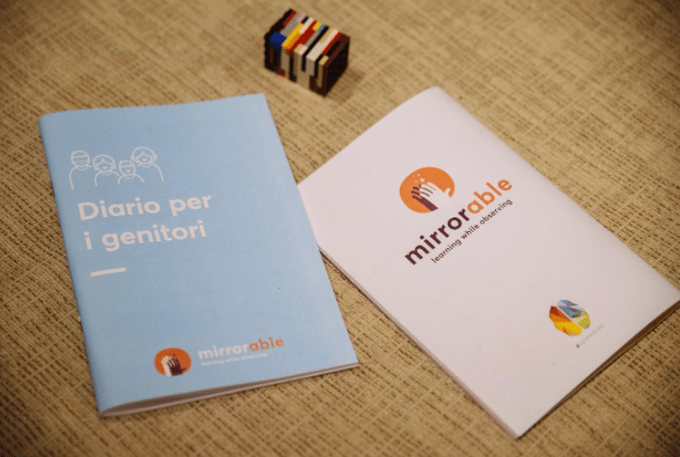
Our emotion-sensing and analytics technology is transforming the healthcare industry, giving visionaries the tools to create more immersive therapies and provide patients the unique ability to drive their personal recovery with their emotions. The FightTheStroke organization, an Affectiva SDK user, was designed around this concept. Their platform product, Mirrorable, provides a whole new world of people learning or re-learning motor skills, simply while observing. FightTheStroke is the social enterprise of Francesca Fedeli and Roberto D’Angelo, and Mirrorable is one of the key projects they are working on, together with the National Institute of Research in Neuroscience and Brainprize Winner Prof. Giacomo Rizzolatti. FightTheStroke has won a series of awards, including 2017 Global Good Fund Fellowship, Ashoka and Eisenhower Fellowships. You can learn more at FightTheStroke.org to discover more about their mission and projects.
We interviewed both the founders, Francesca Fedeli and Roberto D’Angelo, on how their project works, the process of developing it, and what he thinks is the future of emotion-enabled applications.
![]()
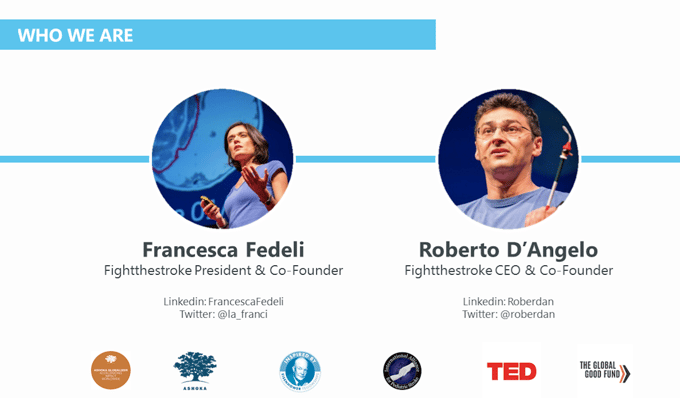
What does Fight the Stroke do and how does Mirrorable work?
FightTheStroke is a social enterprise advocating for young stroke survivors. Starting from our own personal experience at TED Global in 2013, my wife and I developed a movement around this issue. We are focusing on Relevance, Prevention, Early Diagnosis, Acute and Long Term Therapy for young patients.
In regards to Long Term Therapy we developed Mirrorable, a platform for motor skills rehab based on Mirror Neurons research. Mirrorable is the project where we are leveraging skeleton data from Kinect/webcam and mood detection solutions like Affectiva in order to track progress and offer the best experience to children.
Where did you get the idea to create it?
Starting from our own experience with our son we have been partnering with doctors, researchers, parents and patients at global level, in order to find a modern solution for motor skills rehab for young stroke survivors. After 5 years of collaborations and research we developed the Mirrorable platform that is currently in beta testing in Italy and we are looking forward to expanding it internationally by the end of 2017.
What role does emotion and emotion technology play in the concept of Fight the Stroke?
Mirror neuron activation is deeply dependent on engagement and empathy (and vice versa as empathy is strictly related to mirror neurons activation). So evaluating emotions from children during sessions is indeed very important in order to learn and improve kid’s experience along with motor skills tracking from Kinect.
You can see published papers for further reading on mirror neurons and Action Observation Therapy, like these listed on Pubmed.
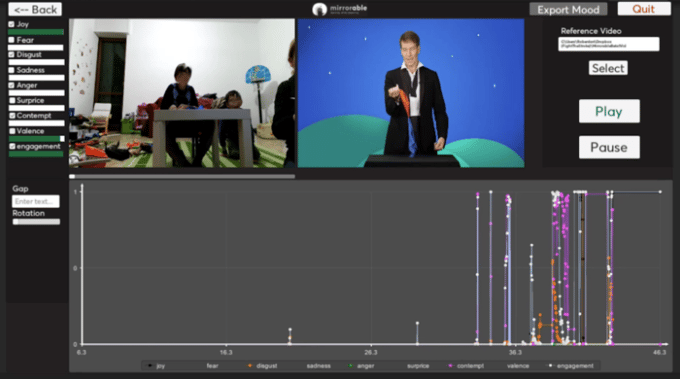
How did you arrive at Affectiva's technology to help achieve your vision?
We were looking for mood/emotion tracking solutions, and that’s how we found Affectiva. While we found the application examples on the website very appealing, the key decisive factor was the availability of an SDK for Unity that really sped up our tests. Also, for a social enterprise like us, having the opportunity to test the solution for free was very appealing.
Our Mirrorable platform is built on top of Unity and Microsoft Azure cloud and Affectiva works very well on these environments, so it was quite easy to integrate our platform with the Affectiva SDK. We leverage the Unity SDK for the doctor’s dashboard in order to have a real-time feedback when they analyze the data, while we use the .net sdk for bulk export of data and processing it.
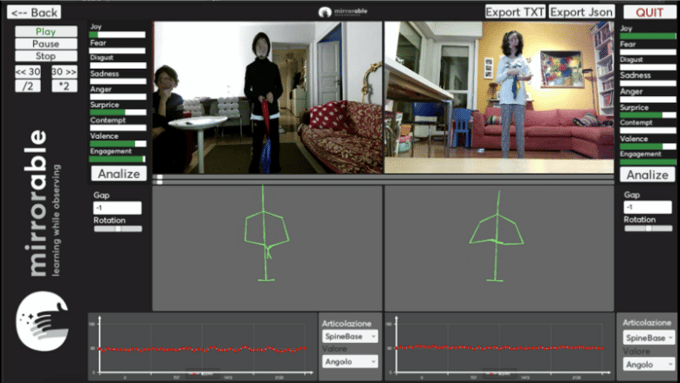
Which features of Mirrorable are you most excited about?
Overall the whole process is very exciting as it solves most of the issues families like us are facing every day - like it being available at home, easy to use, engaging, exploiting kids individual and social potential (ie in the first content of the application’s library, children are learning how to become a magician with their “special hand”). If I have to pick just one, I would say it’s indeed designed around kids and their families in a scientifically proven way.
What is the next step for Fight the Stroke?
First of all we want to reach and help as many young stroke survivors as we can, as 3.5M of kids in the world are suffering the consequences of a stroke at young age (Source: KPMG estimation) Therefore we want to scale up from the pilot to make the solution as widely available, and quickly: timing of distribution for these kids is crucial. Secondly, we aim to run into a cross subsidy model where our profits would come from application on different targets (ie Adult with Stroke, Parkinson’s patients) which will then be able to feed the support of a rapidly growing base of children.
Are there any plans to build another project like this in the future?
While we continue to evolve the platform, we will eventually expand it to include a range of kids: from those with motor impairments to any child who wants to improve or learn new motor skills. For example, we are assessing applications for the social issue of obesity, and physical activity in children.
Do you have any other advice for those looking to build similar projects of their own?
Anything is possible if you are inclusive: inclusive with the community, inclusive in the design, inclusive from a technology and business model perspective. We started from our own needs and then we found that helping others is the best way to help ourselves as well. We’ve also found that the opposite is also true.
In general, healthcare tech should focus on building projects based on real customer needs, more than projects driven by publishing a new research paper. Our idea has been successful in being implemented quickly by families because it has been built from the bottom, crowdsourced by the families in need for something like this.
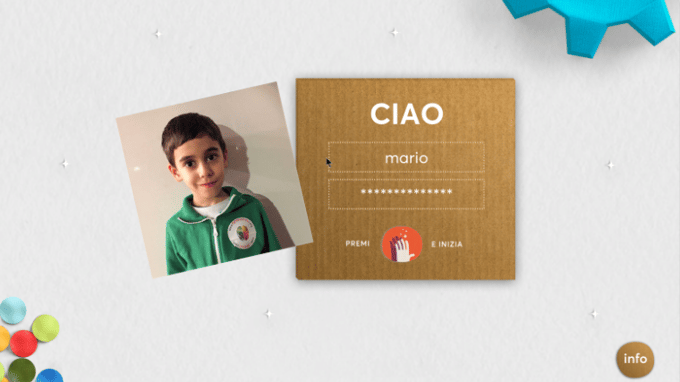
How can someone try Mirrorable? Where can they get it?
http://www.FightTheStroke.org is the best place to start, discover more about our mission and how to get into our projects; we’re also very active on social media. We used to say that we need brain (for instance our main event is called Call4Brain) and it means we need skills (neuroscientists, developers, AI experts, designers, etc.) in order to amplify our impact and reach to as many young stroke survivors as possible. We are now looking for another round of funds in order to scale up at global level and replicate the model on different regions.
About Mirrorable
Mirrorable is an interactive platform that allows a single model of rehabilitation therapy at home, specially designed to meet the needs of children who have suffered brain damage at a very early stage of their lives, with motor level impacts. The scientific principle on which it is based is the ability to stimulate the plasticity of the motor system by activating the mechanism of mirror neurons, just watching the video-stories and exercising with other children with similar needs. Mirrorable enables for the first time a data collection process and a single register of different series, thus turning into a tool that can process data and draw useful statistical evidence to study the various brain injury and develop new rehabilitation strategies. Read more about Mirrorable at http://www.mirrorable.org
(Sources: Know the Facts About Stroke, The CDC)


